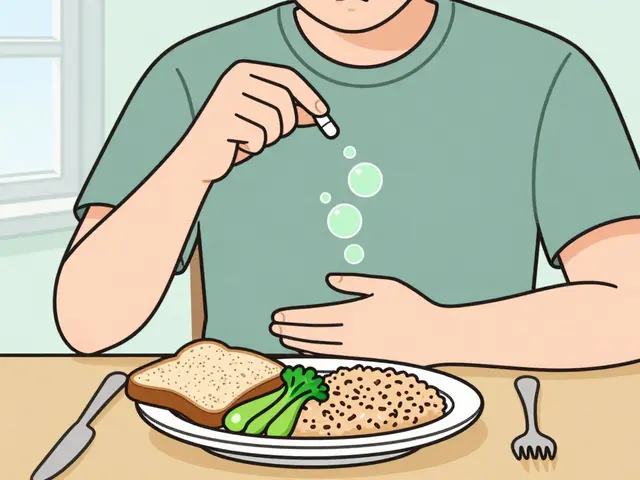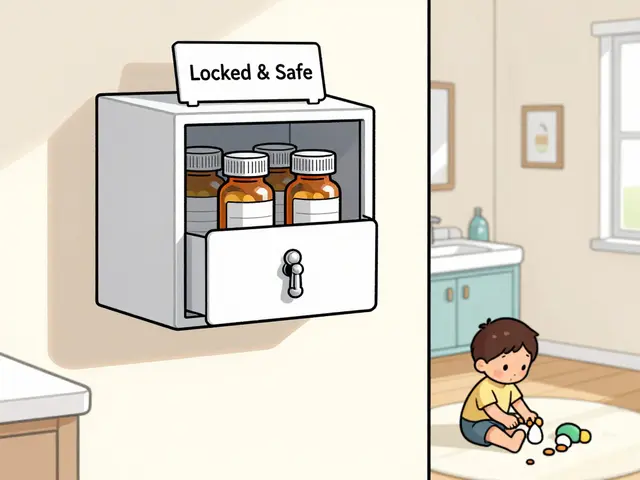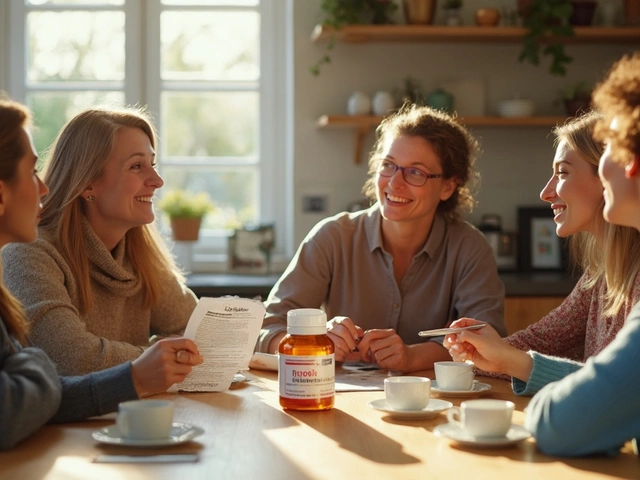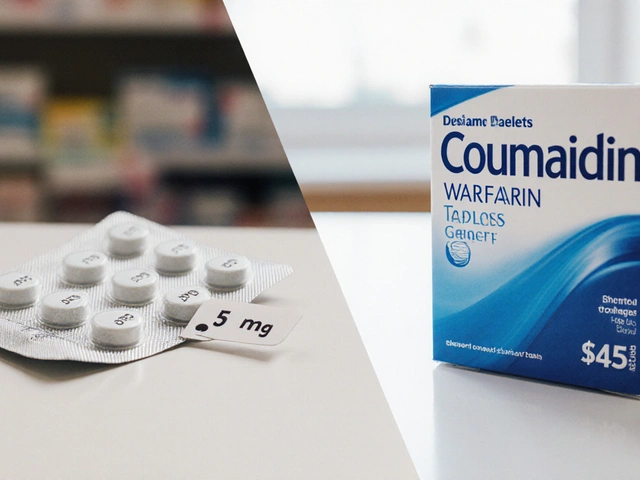Set realistic health goals and actually stick to them
Only about 8% of people keep their big health resolutions. The difference between quitting and winning usually comes down to three things: a clear target, tiny repeatable habits, and smart safety around medication and supplements. This page helps you pick goals that matter and gives steps you can use today.
First, be specific. Instead of saying “get healthier,” choose one measurable target. Examples: lower LDL by 20 mg/dL in six months, sleep 7 hours a night on workdays, or walk 8,000 steps daily. Specific goals tell you exactly what success looks like and make tracking simple.
Quick plan you can use today
Follow this short routine to turn a vague idea into a working plan.
1) Take a baseline: measure one number that matches your goal — weight, fasting glucose, blood pressure, or nightly sleep length. Write it down. 2) Pick the smallest habit that helps that number move: one extra 20-minute walk, one vegetable at dinner, or turning off screens 30 minutes before bed. Keep it tiny so you won’t skip it. 3) Schedule the habit into your day like an appointment. Use your phone alarm or a calendar. 4) Track daily with a simple tool: a paper checklist, a note app, or a free habit tracker. Mark yes/no each day. 5) Review weekly: check the baseline metric and adjust the habit if it’s not working. Add one new habit after four weeks, not sooner.
Small wins matter. Hitting a 7-day streak builds the momentum you need to reach a month. When a plan feels too hard, shrink the habit again—consistency beats intensity.
Medication, supplement, and online pharmacy tips
If your health goal involves pills or supplements, safety comes first. Talk with a clinician before starting anything new. Keep a current list of every medication, over-the-counter drug, and supplement you take. That list helps your doctor check for interactions and side effects.
When buying meds online, use licensed pharmacies and check for a real physical address and pharmacist contact. Avoid sites that sell prescription drugs without a valid prescription. Read product labels and compare active ingredients—different brand names can hide the same drug.
For supplements, pick brands that publish third-party testing or Certificates of Analysis. If a supplement claims a miracle effect or promises quick fixes, be skeptical. Track any changes you notice—sleep, digestion, mood, or energy—and report side effects to your provider right away.
Finally, build support. Tell a friend what you’re aiming for, join a group with the same goal, or check in with a coach or clinician. Regular feedback keeps habits honest and helps you make course corrections before small setbacks become full stops.
Start with one clear target, one tiny habit, and one safety check about meds or supplements. Keep the plan simple, track it, and tweak as you go. You’ll be surprised how far small, steady steps can take you.

I recently came across Laurelwood, the ultimate dietary supplement for peak performance, and I'm excited to share my findings with you all. This supplement is designed to help us master our health goals by providing essential nutrients and supporting overall wellbeing. With Laurelwood, we can enhance our physical and mental performance, making it easier to stay on top of our game. I've noticed improvements in my energy levels, focus, and endurance since incorporating this supplement into my daily routine. Give it a try and see how Laurelwood can help you achieve your health goals too!






